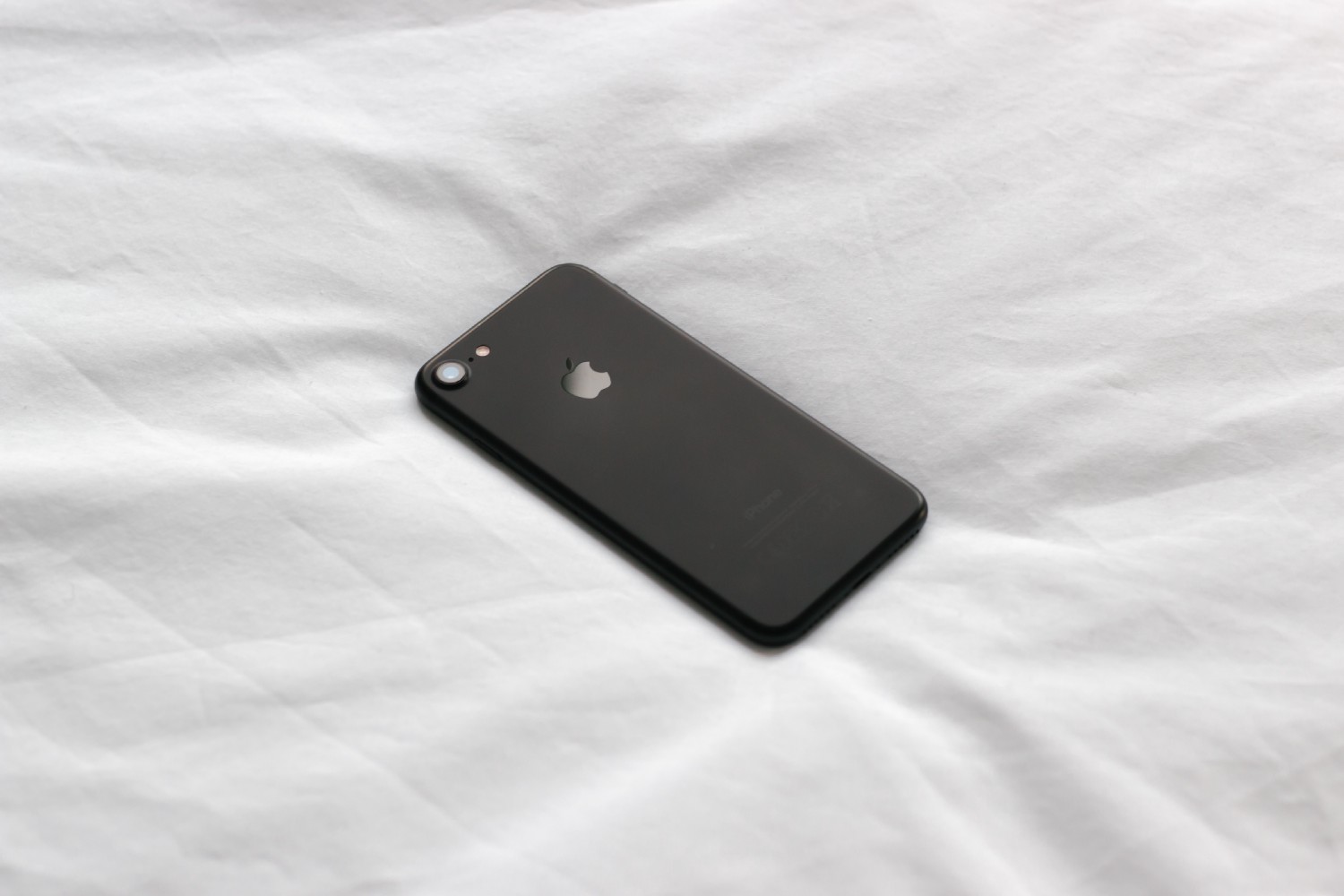If you’ve ever tried a sleep app and noticed less-than-stellar results from it, this might be why: A new study reports that many smartphone-based sleep apps fail to educate users about the importance of sleep or use proven behavior-changing techniques to help people create healthy sleep habits.
Researchers from the University of Illinois and the New York University School of Medicine analyzed 35 popular sleep apps to see whether the apps included research-backed methods for improving the “quality, duration and regularity of sleep,” like positive reinforcement and reminders to go to bed, and whether they helped users understand “habits that enhanced — or interfered with — restful slumber,” according to the press release.
They found that many of the apps failed a critical test: They didn’t educate users about why sleep is so important in the first place. Fewer than 15 percent of the apps provided any information about how sleep and sleep deprivation affect our health. That’s not the only bedrock information that was missing, either. “We were surprised that some of the apps didn’t say anything about the recommended amount of sleep someone should get on a regular basis,” lead researcher Diana Grigsby-Toussaint, a kinesiology and community health professor at the University of Illinois, said in the press release.
Additionally, only four of the apps included information on sleep disruptors like caffeine or alcohol or the health risks associated with lack of sleep, which range from obesity to depression. Only six of the apps actually reminded users to go to bed at night and just one rewarded people for meeting their sleep goals.
The apps tended to focus on metrics (how long users slept per night, for example) instead. Though metrics can give you insights into your sleep patterns, numbers alone may not be all that helpful in encouraging habits that lead to quality sleep or teaching you how to create a healthy sleep routine.
This adds more credence to what we’ve previously written — that bringing a screen into the bedroom (no matter how mindful the app) may not be your best bet for a good night’s rest. Future sleep apps may improve upon what we have now, but in the meantime, try cultivating sleep habits that don’t require WiFi, like avoiding coffee late in the day and saying goodnight to screens at least 30 minutes before bedtime.
Read more about the study here.
Originally published at journal.thriveglobal.com


